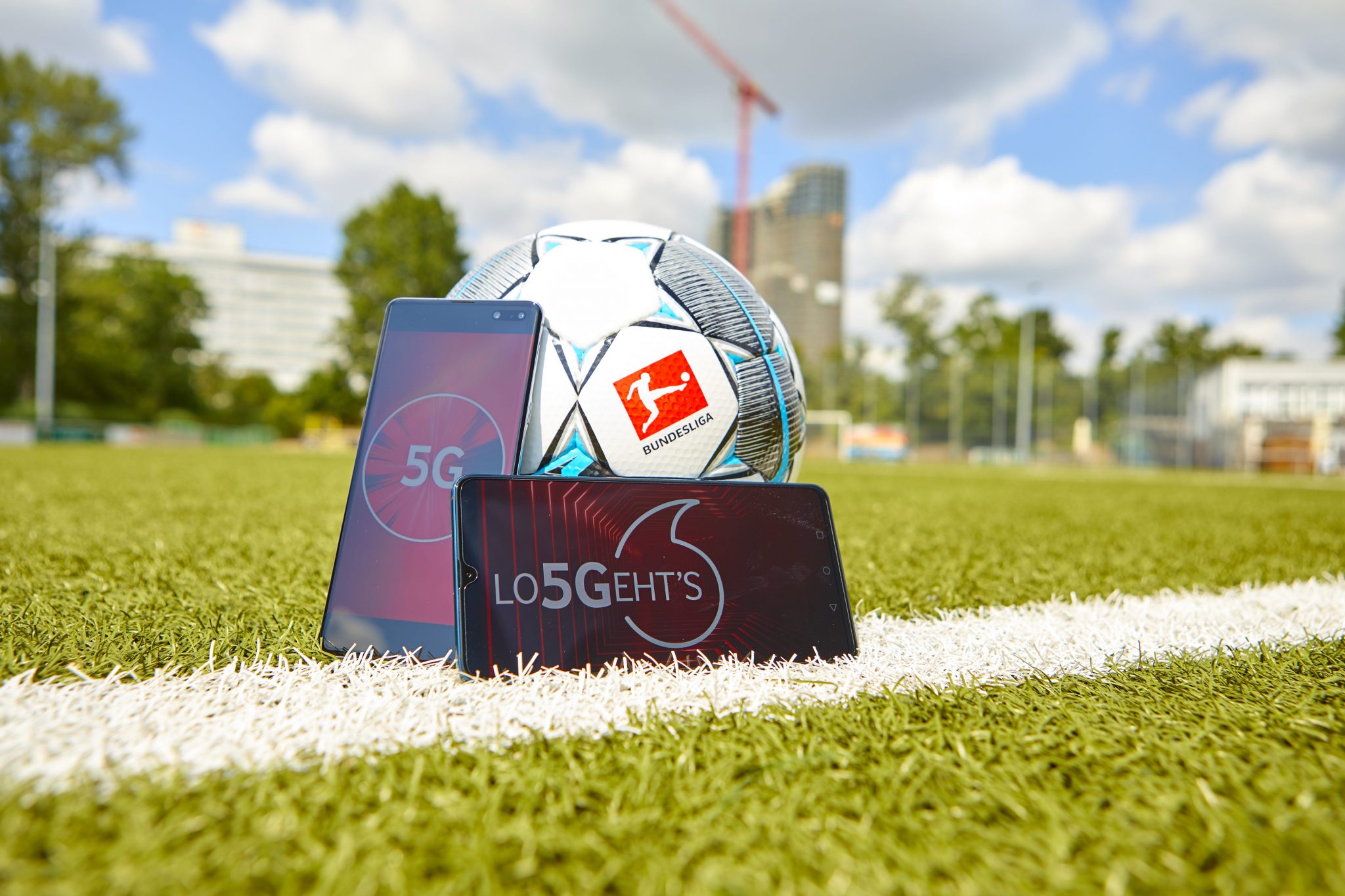
After more than 40 years of operation, DTVE is closing its doors and our website will no longer be updated daily. Thank you for all of your support.
Cable at a crossroads
 After over a year in the works, Vodafone has finally wrapped up its acquisition of Liberty Global’s operations in Germany, Hungary, Romania and the Czech Republic in a deal valued at €19 billion.
After over a year in the works, Vodafone has finally wrapped up its acquisition of Liberty Global’s operations in Germany, Hungary, Romania and the Czech Republic in a deal valued at €19 billion.
The deal leaves Vodafone as “Europe’s largest owner of Gigabit next-generation network infrastructure”, with CEO Nick Read sayingthat the company has “completed [its] transformation into Europe’s leading converged operator”.
It also is Vodafone’s largest expansion since the €190 billion takeover of Mannesmann in 2000, which still stands as the largest acquisition ever.
The European news came days after Vodafone completed the sale of its New Zealand business to a consortium of investors for €2.1 billion.
In total, Vodafone now has a total next generation network reach of 124 million homes and businesses.
While it has acquired businesses throughout Europe, the main focus of the deal has been around Germany, where Vodafone’s purchase of Unitymedia will provide some serious competition for Deutsche Telekom.
This is a move that has evidently made the latter nervous, with it reportedly considering legal action against the European Commission’s decision to greenlight the deal.
The concern stated by Vodafone’s German competitors is that the organisation will gain an unfair advantage at the expense of consumers.
And Vodafone, it could be argued, doesn’t really need Unitymedia, the second largest cable operator in the country. It already was the largest cable operator following the purchase of Kabel Deutschland in 2014.
While there was no single German state where Unitymedia and Vodafone competed head on, Vodafone does provide cable to some parts of the country where Unitymedia provides cable services using Deutsche Telekom’s network. Deutsche Telekom and Germany’s regulators are concerned that Vodafone will end Unitymedia’s deal with Deutsche Telekom.
While its competitors are crying monopoly, it is worth noting that concessions have been made. The deal was contingent upon the implementation of a remedy package, made up of a cable wholesale agreement signed between Vodafone and Telefónica Deutschland in May, which sees the latter offer broadband services on Vodafone’s German network.
Another concession is that Vodafone has pledged to maintain capacity for OTT services from TV broadcasters and not restrict the distribution of broadcasters’ content over their network.
Regardless of these concessions, there is no mistaking that deal will aid in Vodafone’s ramping up of its ‘convergence’ strategy of selling multiple services to customers at discounted rates – the ability to do this with national scalewas the main allure of Unitymedia.
The company can now offer mobile, TV and broadband services bundled together throughout the entire country, putting it on more of a par with Deutsche Telekom.
A larger Vodafone is now able to provide more capable competition, but there is an element of truth in the fear that fewer operators risks concentrating power and slowing the rate of technological progress.
This progress is front-and-centre for the German government. Despite Berlin’s status as one of the world’s global tech capitals, internet coverage is poor in many rural areas.
According to Germany’s Federal Network Agency (BNetzA), 29% of Germans experience internet speeds at less than half of that promised in their contracts. For mobile users, only 18.6% of users achieved half the contractually agreed speed and bandwidth. A meagre 1.6% of mobile users can reach the maximum speed promised.
It is true that Germany’s poor internet capabilities can be correlated to a lack of competition, but it is not Vodafone at the heart of the issue – it’s Deutsche Telekom.
This is perhaps underlined by Deutsche Telekom’s decision to improve its copper cabling – a process the company called vectoring – rather than install future-proof fibre-optic cables.
If all of this makes Vodafone’s ambitions for gigabit connections by 2022 seem somewhat ambitious, the acquisition does provide a compelling alternative to the 15% state-owned Deutsche Telekom and its cost-cutting short-termism.
And what for Liberty Global, the operator which first expanded into Europe with the US$5.2 billion acquisition of Unitymedia in 2009?
It has been clear for some time that the company needed to take action, considering the company’s steadily tanking share price – from a high of around US$54 in May 2015, to lows of around US$21 in January 2019.
Certainly it would appear that Liberty Global is in a moment of ‘stick or twist’. The company can continue its withdrawal from Europe – which also includes the US$6.3 billion sale of its Swiss business to Sunrise– or, as Virgin Media CEO Lutz Schüler has suggested, double down in the markets it remains in.
Speaking to the Financial Timesthis week, the CEO, who previously served as boss of Unitymedia for eight years, said that the company will be making the most of the new war-chest, potentially with the acquisition of a British mobile operator, in order to better take on BT.
This Virgin optimism however does fly in the face of Liberty Global’s previous assertion that the raised funds will be used to return cash to investors rather than making any big acquisitions.
Last November, the company’s CFO and EVP Charlie Bracken effectively ruled out any acquisition, saying that the company was “strategically complete” and that “there is no transaction we need to do”.
Though it would appear that the companies are going in separate directions opposite directions of consolidation, their goals ultimately remain the same. Vodafone is fully invested in the idea of convergence, but Liberty Global is being more cautious.

